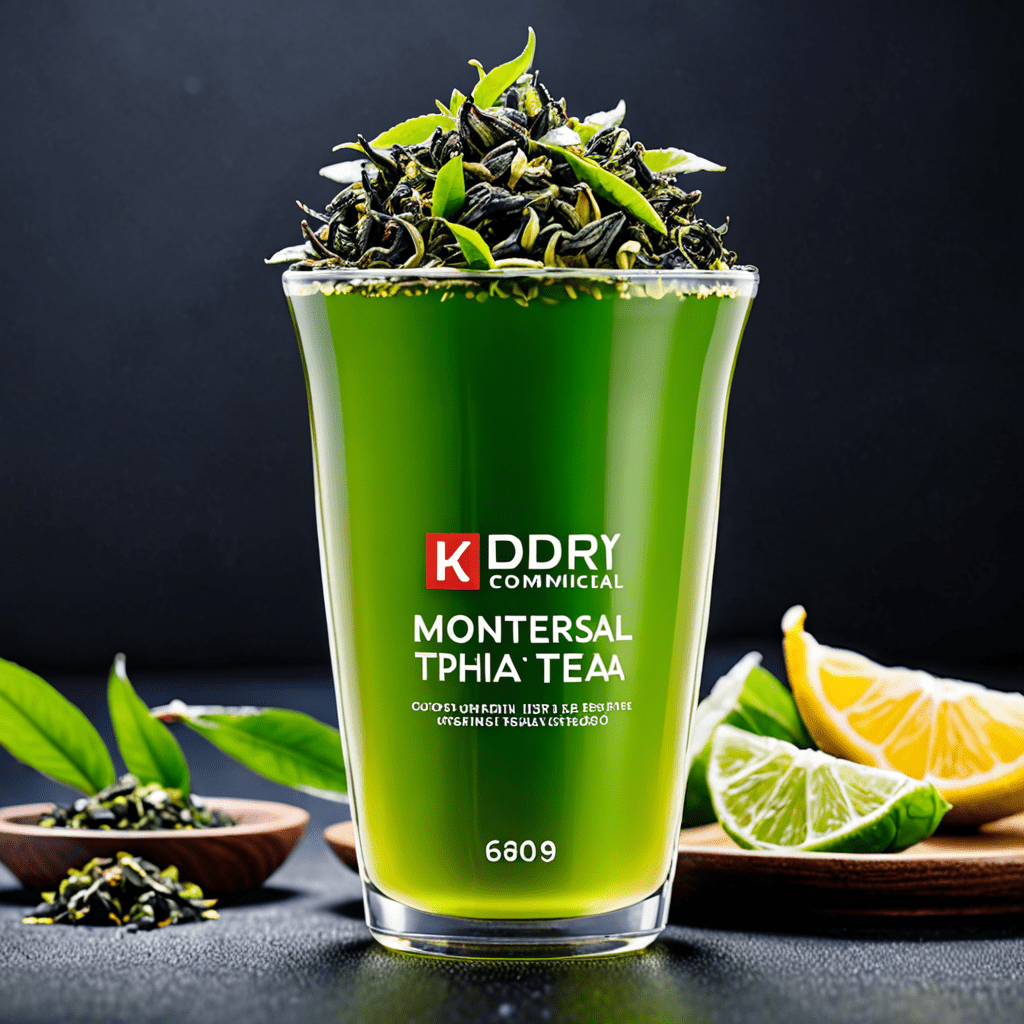Boost Your Health with Green Tea’s Vitamin C Goodness
Green tea contains many beneficial components, including vitamin C, that can contribute to overall health. While green tea is commonly known for its antioxidant properties, its vitamin C content is often overlooked. In this article, we will explore the importance of vitamin C in green tea and its potential health benefits.
The Power of Vitamin C in Green Tea
Vitamin C, also known as ascorbic acid, is a water-soluble vitamin that plays a crucial role in maintaining the health of various body tissues and systems. Green tea is a natural source of vitamin C, which contributes to its overall nutritional value. This essential vitamin acts as an antioxidant and supports the immune system, skin health, and overall well-being.
Health Benefits of Green Tea’s Vitamin C
The presence of vitamin C in green tea offers numerous health benefits. It helps to protect cells from damage caused by free radicals, supports collagen production for healthy skin, and enhances the body’s ability to absorb iron from plant-based foods. Moreover, vitamin C promotes the health of teeth and gums, aids in wound healing, and supports the proper function of the immune system.
How to Maximize Vitamin C Content in Green Tea
To fully reap the benefits of green tea’s vitamin C content, it is important to brew the tea correctly. To preserve the vitamin C and other nutrients, avoid using excessively hot water and steep the tea for the recommended duration. Additionally, storing green tea properly in a cool, dark place can help maintain its vitamin C content over time.
Integrating Green Tea into Your Daily Routine
Given the potential health benefits of green tea’s vitamin C, incorporating this beverage into your daily routine can be a simple and effective way to enhance your overall wellness. Whether you prefer hot or iced green tea, its vitamin C goodness can complement a balanced diet and active lifestyle.
Exploring Other Nutritional Components in Green Tea
While the focus of this article is on vitamin C, it’s worth noting that green tea contains a variety of other beneficial nutrients, such as polyphenols and catechins, which contribute to its overall health-promoting properties. By embracing green tea as part of a holistic approach to nutrition and well-being, individuals can harness its diverse nutritional benefits.
FAQ
Q: Can green tea be a reliable source of vitamin C in a balanced diet?
A: While green tea contains vitamin C, it may not be a primary source of this essential nutrient in a balanced diet. It can act as a supplementary source of vitamin C, but it’s important to incorporate a variety of fruits and vegetables that are rich in vitamin C to ensure adequate intake.
Q: Does adding lemon to green tea enhance its vitamin C content?
A: Yes, adding a slice of lemon to green tea can provide an additional boost of vitamin C. Lemon juice is known for its high vitamin C content, and when combined with green tea, it can further enhance the overall vitamin C intake from this beverage.
Q: Are there any potential downsides to consuming excessive amounts of green tea for its vitamin C content?
A: While moderate consumption of green tea can be beneficial, excessive intake may lead to side effects due to its caffeine content. It’s important to be mindful of individual tolerance levels and consume green tea in moderation as part of a balanced diet.
Understanding the vitamin C content of green tea sheds light on its potential contributions to overall health and wellness. By recognizing the significance of this essential nutrient in green tea, individuals can make informed choices about their dietary habits and well-being.


